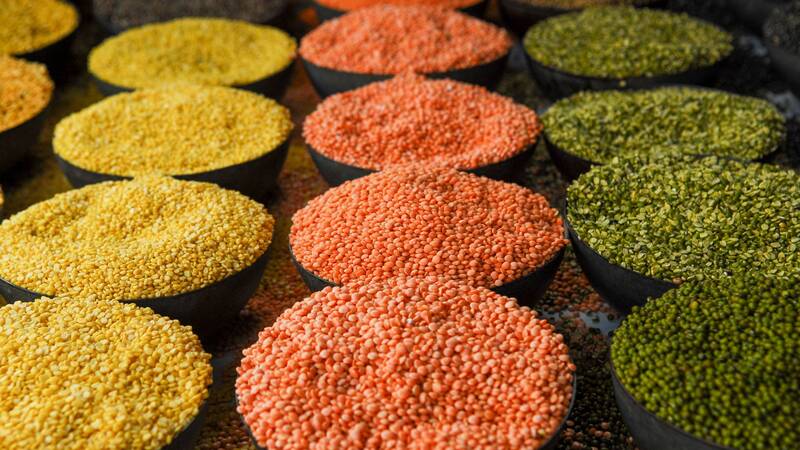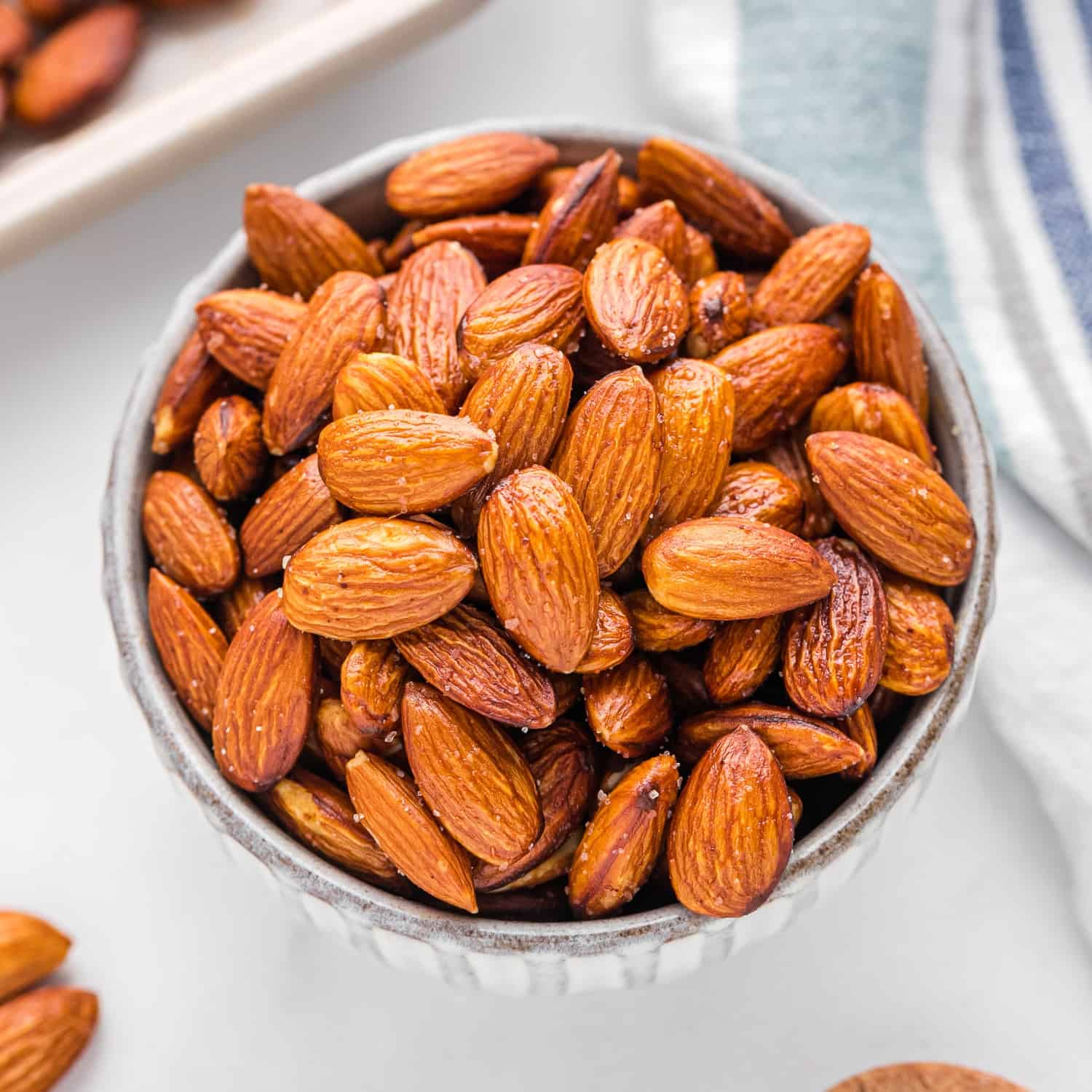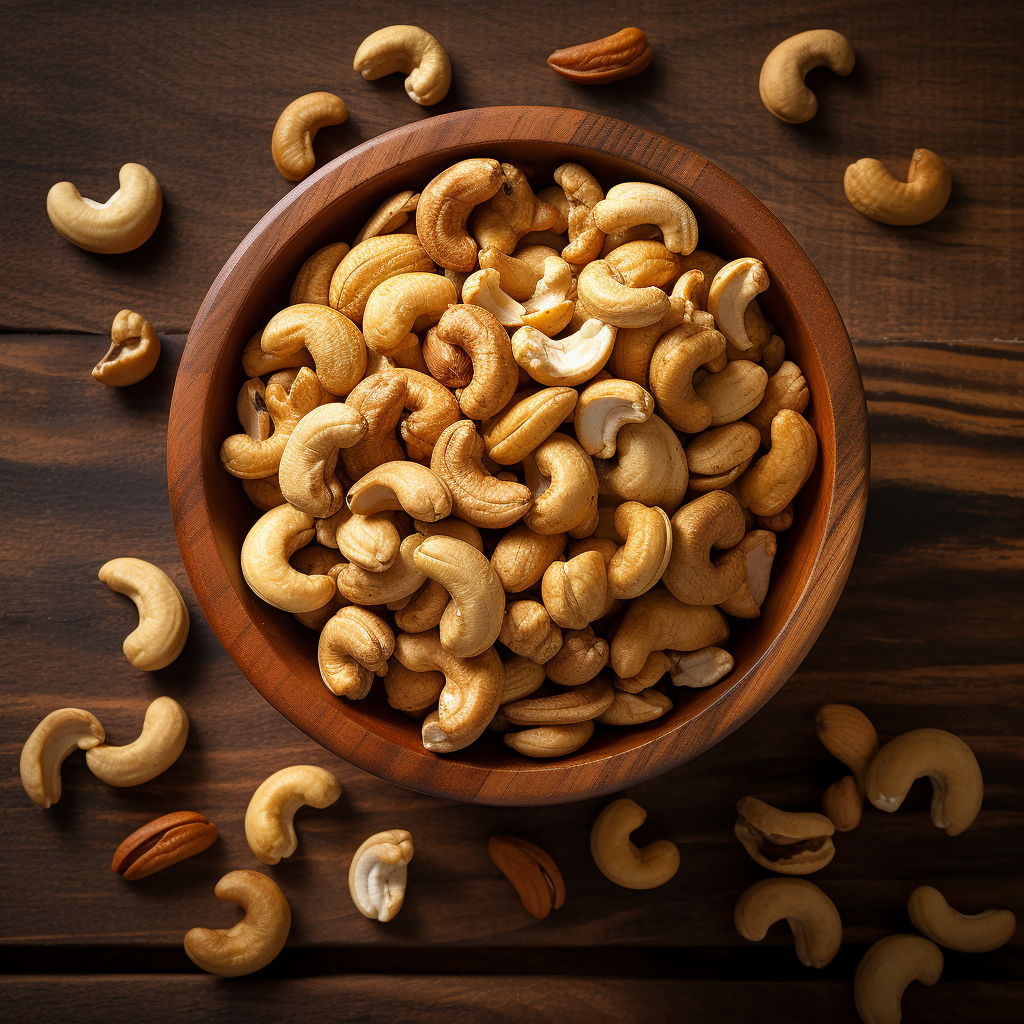Protein Is An Essential Ingredient That The Body Needs For Immune System Function, Muscle Regeneration, And General Health. Make Sure You’re Getting Adequate Protein From Plant-Based Sources If You’re On A Vegetarian Diet. The Top Vegetarian Protein Sources Are Covered In Detail In This Guide, Along With Their Advantages And Meal Preparation Tips.
Understanding Protein And Its Importance:
What Is Protein?
Amino Acids, Which Make Up Protein, Are Essential For A Number Of Body Processes, Such As The Synthesis Of Enzymes, The Regulation Of Hormones, And The Development Of Muscle. Plant Proteins Can Need To Be Mixed In Order To Provide A Complete Amino Acid Profile, In Contrast To Animal Proteins, Which Include All Necessary Amino Acids.
Why Opt For Protein From Vegetables?
1. Health Benefits: Compared To Animal Proteins, Vegetarian Proteins Frequently Have Lower Levels Of Cholesterol And Saturated Fats, Which Is Good For The Heart.
2. Environmental Impact: By Lowering Greenhouse Gas Emissions And Preserving Water, Plant-Based Diets Typically Have A Smaller Environmental Impact.
3. Ethical Justifications: Many Vegetarians Adopt This Lifestyle To Uphold Animal Welfare And Abstain From Animal Abuse.
Best Sources Of Vegetable Protein:
Vegetables:
- Beans: A Great Source Of Protein Are Beans, Especially Pinto, Kidney, And Black Beans. They Also Include Fiber, Which Is Good For The Digestive System.
- Lentils: Suitable For Salads, Stews, And Soups, Lentils Are A Versatile Bean. They Are High In Iron And Folate And Provide About 18 Grams Of Protein Per Cooked Cup.
- Garbanzo Beans: Sometimes Referred To As Chickpeas, Are A Mainstay Of Many Vegetarian Diets. They Are Suitable For Use In Stews, Salads, And Hummus.
Tempeh With Tofu:
- Tofu: A Very Adaptable Source Of Protein, Tofu Is Made From Soybeans. It Can Be Mixed Into Smoothies, Stir-Fried, Or Grilled. Tofu Is A Good Source Of Calcium And Has Roughly 8 Grams Of Protein Per 100 Grams.
- Tempeh: Tempeh Is A Firm-Textured, Nutty-Flavored Food Made From Fermented Soybeans. It Is High In Probiotics, Which Promote Digestive Health, And Has About 19 Grams Of Protein Per 100 Grams.
Seeds And Nuts:
- Almonds: Rich In Protein, Healthy Fats, And Vitamins, Almonds Are A Great Food Choice. About 6 Grams Of Protein Can Be Found In A Handful Of Almonds.
- Chia Seeds: Packed With Nutrients, Chia Seeds Are Tiny. They Are A Fantastic Source Of Fiber And Omega-3 Fatty Acids, And Each Ounce Has Roughly 4 Grams Of Protein.
- Hemp Seeds: Containing All Nine Necessary Amino Acids, Hemp Seeds Offer A Complete Protein. They Contribute About 10 Grams Of Protein Per 3 Tablespoons And Go Well With Yogurt, Salads, And Smoothies.
Complete Grains:
- Quinoa: Quinoa Contains All Of The Necessary Amino Acids And Is A Complete Protein. In Addition To Being High In Fiber And Magnesium, One Cooked Cup Has About 8 Grams Of Protein.
- Buckwheat: A Good Source Of Protein, Buckwheat Is Unrelated To Wheat Despite Its Name. It Is Gluten-Free And Has About 6 Grams Of Protein Per Cooked Cup.
- Oats: Rich In Fiber And With Approximately 6 Grams Of Protein Per Cup, Oats Are A Healthy Option. They Work Well As A Base For Many Recipes Or For Breakfast.
Substitutes For Dairy:
- Greek Yogurt: Greek Yogurt Is A Great Source Of Protein For Vegetarians Who Consume Dairy Products. In Addition To Being High In Probiotics, It Has Roughly 10 Grams Of Protein Per 100 Grams.
- Cottage Cheese: Another High-Protein Dairy Food Is Cottage Cheese. It Can Be Used In Both Savory And Sweet Recipes, Providing About 11 Grams Of Protein Per 100 Grams.
Edame:
Young Soybeans, Or Edamame, Make A Delicious Snack Or Side Dish. They Are High In Fiber, Vitamins, And Minerals, And Provide Roughly 17 Grams Of Protein Per Cup.
Including Plant-Based Proteins In Your Diet:
A common concern of vegetarians is that their diet may lack adequate protein. However, doctors and experts agree that a well-planned vegetarian diet can provide all the nutrients you need.
protein A diet rich in iron can help with weight loss, satiety and building muscle strength. According to general dietary guidelines, women should have46 Gram Protein and to men56 Gram Protein Is required. But this amount may vary depending on your activity level, age, weight, and more.
So, if you are a vegetarian and worried about your protein intake, don’t worry, here is a list of vegetarian sources of protein that you can easily find in your kitchen.
So without further ado, let’s learn about the best vegetarian protein sources:
Soya Paneer (Tofu):
Soya Paneer is like a white canvas, which absorbs all the flavors you add. You ca

n blend it with your smoothie or add it to your salads, sandwiches, noodles and veggie bowls to make it more filling. Tofu provides a good dose of bone-building calcium.
- Tofu – 8 grams of protein per (100 grams)
- Firm tofu – 12 grams of protein per (100 grams)
Soya Milk:

Of all the plant-based milks on the market, soy milk is the only milk that matches the protein profile of cow’s milk, containing 8 grams of protein per 1-cup serving. By comparison, almond milk has only 1 gram per cup, so if you want protein, soy milk is your best source.
- Soya Milk – 8 grams of protein per 1 cup serving
Peanuts:
:max_bytes(150000):strip_icc()/oven-roasted-peanuts-4172872-step-01-7548c7aae0e849a8b5a368d985caba2d.jpg)
Surprisingly, peanuts are not actually in the nut family. They are classified as legumes along with foods like green peas, soybeans and lentils. Peanuts grow underground as the fruit of the peanut plant. The peanut plant probably originated in Brazil or Peru in South America. Scientists have found 3,500-year-old pottery in the shape of peanuts as well as decorated with peanuts in South America.
- Peanuts – 26 grams of protein per (100 grams)
lentils:

All lentils, including beans and peas, are a great source of protein for vegetarians. Lentils make a great low-fat, high-protein and economical source of protein. Sources of protein in various pulses.
- Dal: 8 -9 grams of protein per (100 grams)
- Chickpeas: 7 grams protein per 100 grams
- Garden peas: 7 grams of protein per 100 grams
- Beans: 7 – 10 grams protein per 100 grams
- Baked beans: 5 grams protein per 100 grams
Spinach:

Palak is the Hindi word for Spinach.
One cup of this green leafy vegetable has as much protein as a hard-boiled egg – at half the calories. You can increase the nutrition of spinach by boiling it or preparing it raw. By boiling it evenly, you can retain its vitamins, calcium and remove the bloating effect of the veggie. For effective weight loss, you can eat homemade Palak Paneer in your lunch/dinner.
- Spinach / Palak – 2.9 grams of protein per (100 grams)
Almonds:

Almonds are an excellent source of protein, fiber and heart-healthy fats. Including 10 almonds in your daily meal plan can help you meet your nutrient needs. Eating almonds can also help you maintain a healthy body weight.
- Almonds – 21 grams of protein per (100 grams)
Garden peas:

Peas have been part of the human diet for hundreds of years and are consumed all over the world.
Garden peas are not vegetables. They are part of the legume family, which consists of plants that produce pods with seeds inside. Lentils, chickpeas, beans and peanuts are also legumes.
Peas also provide you with 100 percent of your daily value of vitamin C in one cup. Plus, it keeps your immune system healthy and in shape.
- Garden peas – 5 grams of protein per (100 grams)
Cashew:

Cashews make a quick snack to boost your protein intake. Both the protein and fiber in cashews help keep you full longer, so you’re less likely to indulge in vending machine treats in the afternoon.
Cashews are a great source of magnesium, which is good for constipation, boosts your immune system and supports cognitive function and contains biotin.
Ideas For Meals:
- Breakfast: Have A High-Protein Breakfast To Start The Day. Think Of A Smoothie With Tofu And Spinach Or Oatmeal With Almonds And Chia Seeds On Top.
- Lunch: Toss Some Quinoa Salad With Veggies, Chickpeas, And A Mild Vinaigrette For A Hearty And Satisfying Meal. As An Alternative, Try Making A Tofu Stir-Fry With An Array Of Vibrant Vegetables.
- Supper: Savor A Brown Rice Dish Of Tempeh Curry Or Lentil Soup. To Complete The Dish, Serve A Mixed Green Salad Or A Side Of Steaming Veggies.
- Snacks: To Increase Your Protein Intake, Munch On Edamame, Almonds, Or Seeds. Convenient Options Can Also Include A Protein Snack Or Greek Yogurt With Fruit.
Mixing Different Protein Sources:
If Possible, Try Blending Various Plant-Based Proteins To Make Sure You’re Getting The Whole Spectrum Of Amino Acids. You Can Receive All The Required Amino Acids, For Instance, By Eating Quinoa With Veggies Or Beans With Rice.
Managing Your Nutrition:
It’s Crucial To Keep A Balanced Diet That Includes Healthy Fats, Carbs, And A Range Of Fruits And Vegetables Even When You Prioritize Protein. This Guarantees That You’re Receiving A Variety Of Nutrients To Promote General Wellness.
1. Carbohydrates: Fruits, Vegetables, Whole Grains, And Other Foods Supply Vital Nutrients And Energy. They Provide Vitamins And Minerals To Balance Out Protein.
2. Fats: Consume Wholesome Fats From Foods Like Nuts, Seeds, And Avocados. The Synthesis Of Hormones And General Health Depend On Fats.
3. Vitamins And Minerals: To Obtain The Essential Vitamins And Minerals That Promote Immune Function And General Health, Make Sure Your Diet Is Varied And Full Of Fruits And Vegetables.
Summary:
You May Meet Your Protein Demands And Maintain General Health By Include A Range Of Vegetarian Protein Sources In Your Diet. Nuts And Seeds, Lentils, And Tofu Are Just A Few Of The Alternatives Available. It Is Possible To Have A Wholesome And Fulfilling Vegetarian Diet By Organizing Well-Balanced Meals And Using Various Protein Sources.